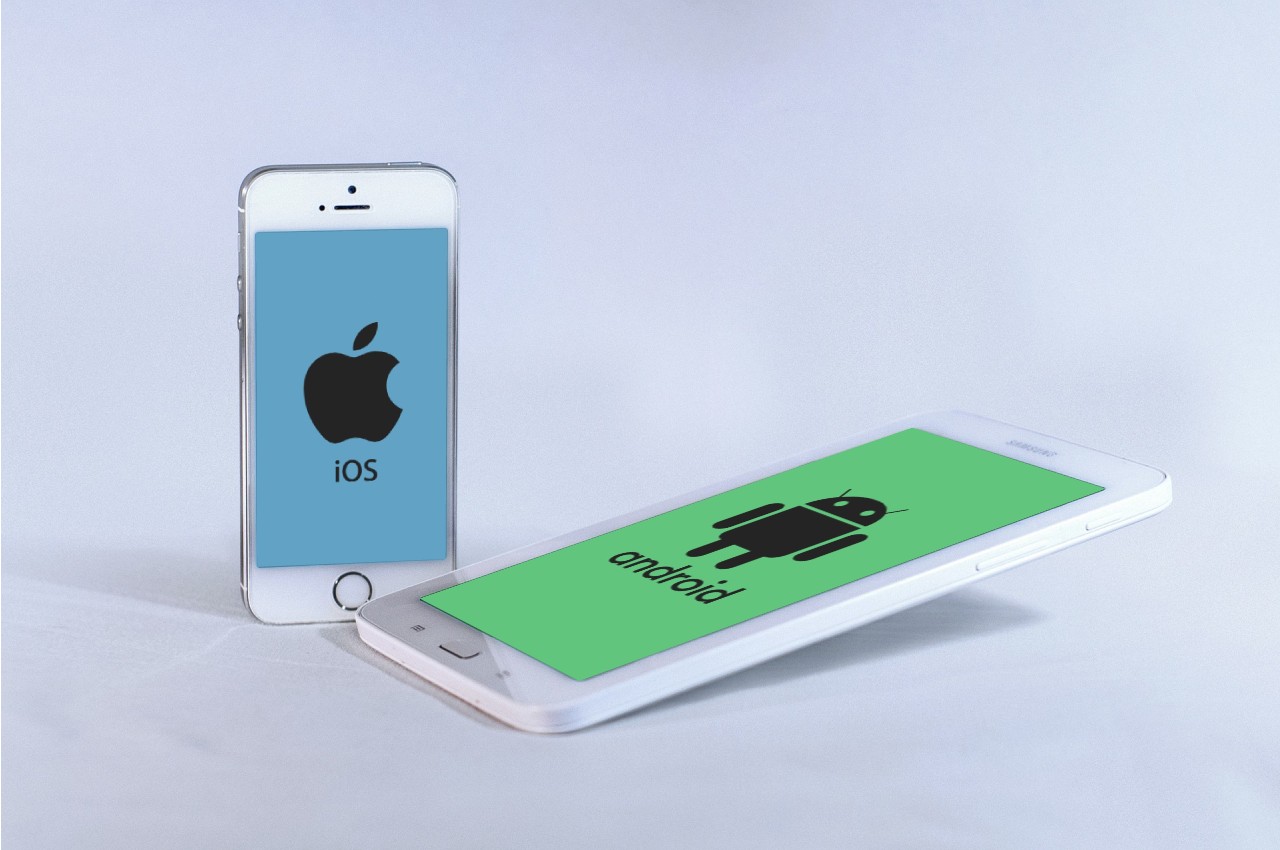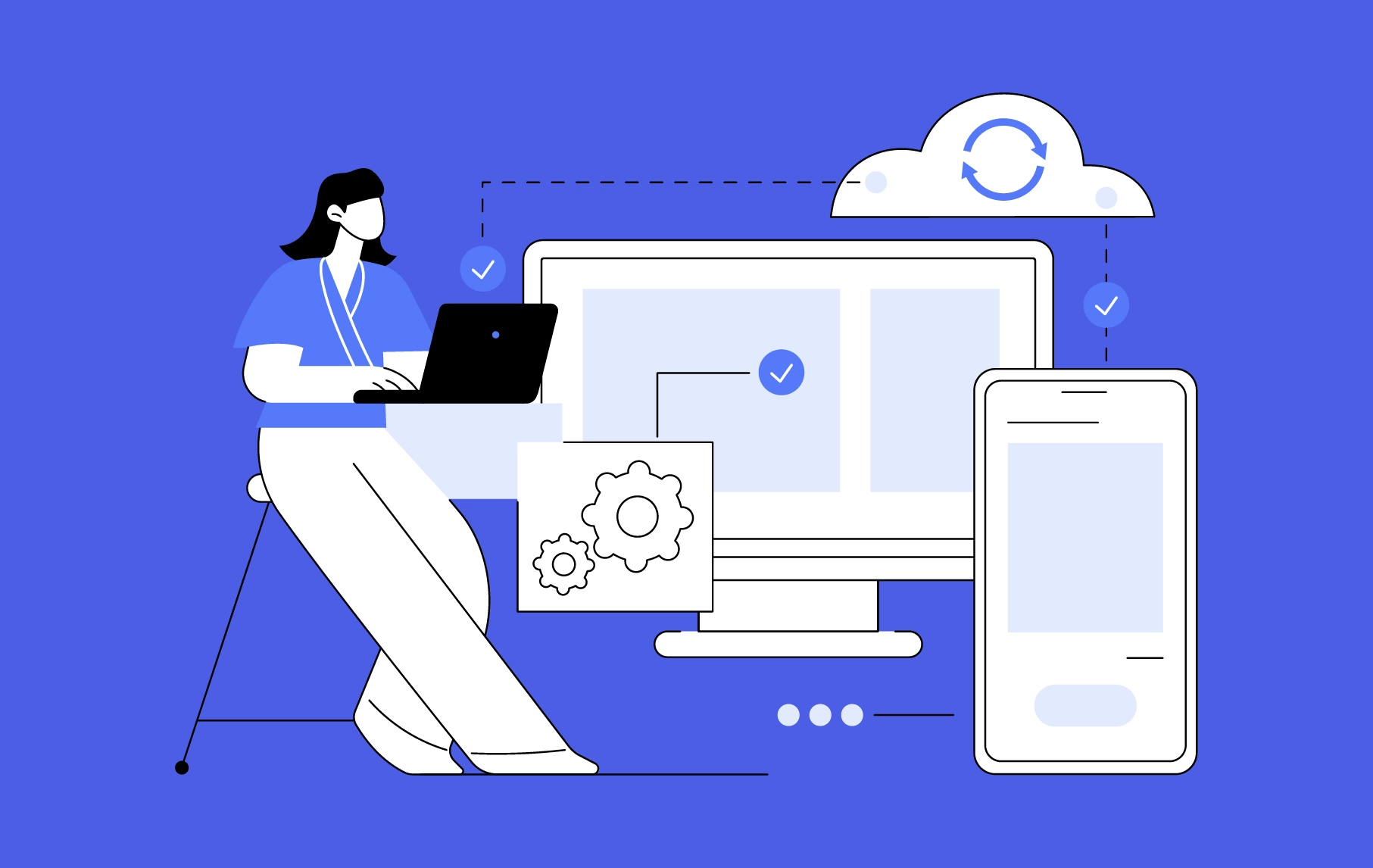Description
iOS and Android App Development refers to creating software applications designed to run on mobile devices powered by Apple’s iOS and Apple’s systems. This development process encompasses a variety of stages, including planning, design, coding, testing, and deployment, and requires a deep understanding of both platforms’ uniqplatforms’ments, user interfaces, and capabilities.
iOS App Development
iOS app development centers on Apple’s ecosystApple’slizing languages, such as Swift and Objective-C. Developers leverage Xcode, Apple’s integraApple’selopment environment (IDE), to build optimized applications for iPhones, iPads, and other Apple devices. The development process emphasizes adherence to Apple’s Human IApple’se Guidelines, ensuring that apps provide a consistent and intuitive user experience across the platform.
Key features of iOS development include integrating Apple’s framework services, such as Core Data for data management, UIKit for UI design, and CloudKit for cloud services. iOS apps can also harness the power of advanced technologies like augmented reality (AR) through ARKit and machine learning with Core ML. Once developed, apps are distributed through the Apple App Store, which requires compliance with strict review guidelines.
Android App Development
Android app development involves creating applications for devices that run on the Android operating system, which various manufacturers and device types use. Developers typically use Java or Kotlin as the primary programming languages and Android Studio as the official IDE. The Android development environment provides a flexible framework for building apps that can run on various screen sizes and device specifications.
Android development emphasizes adaptability, allowing developers to create applications that can function seamlessly across different devices, including smartphones, tablets, and wearables. Key features include access to Google Play Services for cloud-based functionalities, implementing Material Design principles for user interfaces, and integration with tools for notifications, location services, and in-app purchases. Apps are distributed through the Google Play Store and other app marketplaces, often with fewer restrictions than the Apple App Store.
Cross-Platform Development
In addition to native development for iOS and Android, cross-platform frameworks such as React Native, Flutter, and Xamarin allow developers to create applications that run on both platforms from a single codebase. This approach can significantly reduce development time and costs while maintaining a high level of performance and user experience.





Isaiah –
“I was struggling to understand the complexities of mobile app creation. This resource provided a clear and concise overview of iOS and Android development, breaking down complex concepts into digestible information. It empowered me to navigate the landscape of app development with confidence, giving me a strong foundation to pursue my project independently and make informed decisions about my next steps.”
Iliya –
“As a lone entrepreneur, I was struggling to wrap my head around iOS and Android app development. The explanation broke down the complexities of each platform in a way that was easy to understand, even for someone with limited technical knowledge. It clarified the unique features of iOS and Android, along with the tools and languages needed for each, allowing me to move forward confidently with my project. This information has been invaluable in guiding my approach.”
Alexander –
“This resource provided me with a clear and concise understanding of iOS and Android development, breaking down complex concepts into manageable steps. It empowered me to confidently communicate my app vision to potential developers and made me feel much more informed during the entire process. It has definitely set me up for success in my app development journey.”
Itoro –
“This resource demystified the entire process, breaking down each stage from planning to deployment in a way I could easily understand. Thanks to the clear explanations of frameworks, languages, and platform specifics, I was able to successfully build and launch my app. This was precisely what I needed to overcome my initial hurdles and get my project off the ground. It was a vital tool for empowering me to accomplish my app development goals.”
Ubaida –
“I was able to navigate the complexities of both iOS and Android development with a clearer understanding, and I finally launched my app thanks to the insights gained. It empowered me to take control of the process and make informed decisions, even without a technical background.”